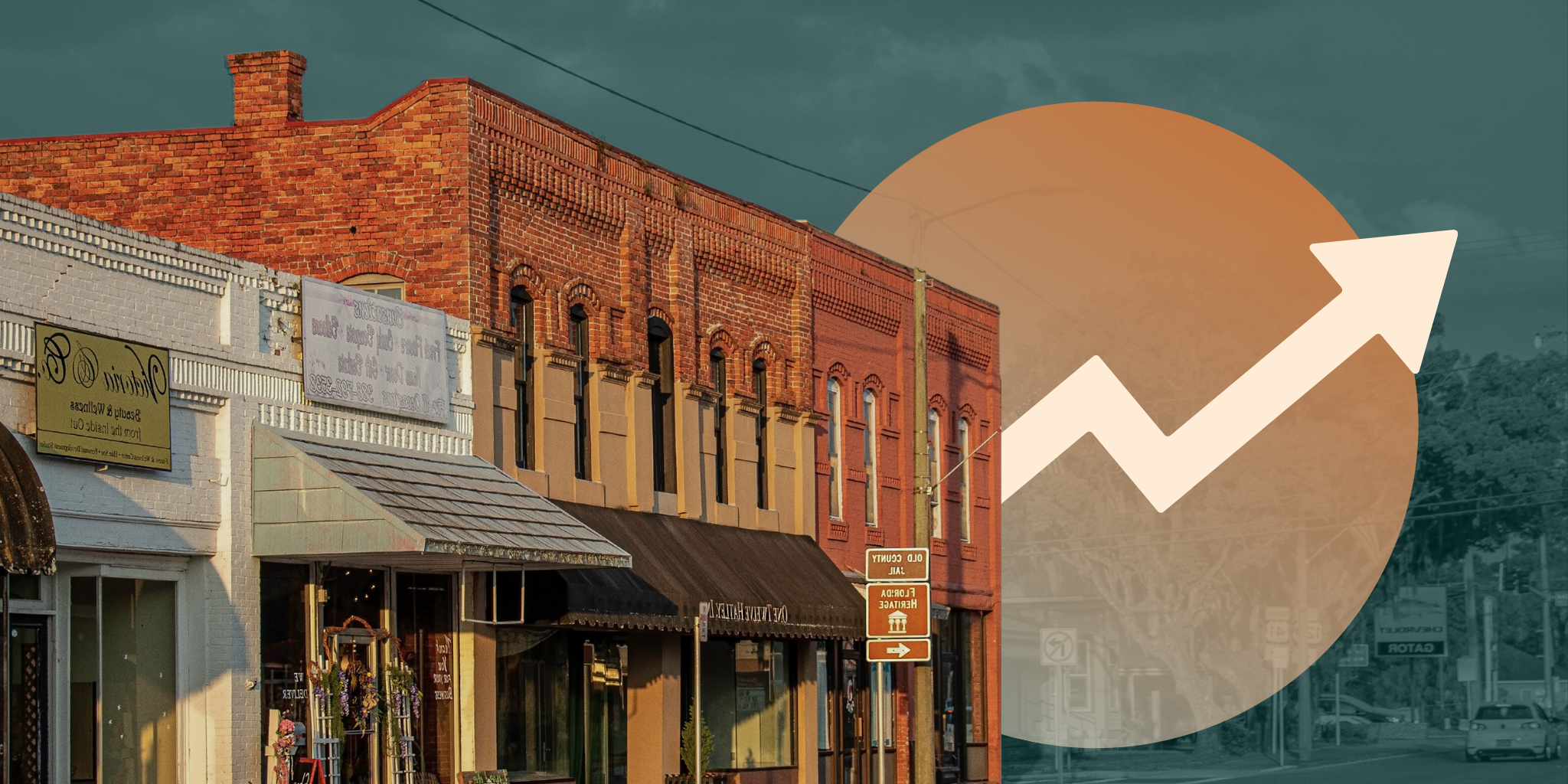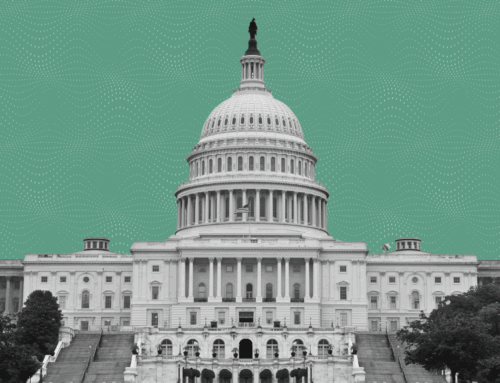EIG Media Contact: Reuben Francis | [email protected]
Washington, D.C. – The Economic Innovation Group (EIG) applauds Congress for making Opportunity Zones (OZ) a permanent feature of the U.S. tax code as part of the reconciliation bill. This historic step ensures long-term certainty for investors and communities alike and cements the future of one of the most impactful economic development policies ever enacted.
“Today’s vote secures the future of one of the country’s most crucial economic development policies,” said John Lettieri, President and CEO of the Economic Innovation Group. “When first enacted in 2017, Opportunity Zones represented a stark departure from traditional community development incentives. In the years since, the policy has driven more private investment to more low-income communities with a larger-scale impact than any federal initiative of its kind over such a short period. The reconciliation bill not only makes Opportunity Zones permanent, but also stronger, simpler, and more transparent. EIG is grateful to the leaders in Congress, especially Senator Tim Scott, who worked tirelessly to strengthen and secure this policy for the long term.”
EIG first proposed the Opportunity Zones concept in a 2015 white paper co-authored by current National Economic Council Director Kevin Hassett and former Council of Economic Advisers Chair Jared Bernstein. The policy was enacted two years later as part of the 2017 Tax Cuts and Jobs Act and has since spurred nearly $100 billion in private investment across thousands of low-income communities nationwide.
Recent EIG research demonstrates the policy’s tangible results, including the creation of 313,000 new residential addresses in designated zones between Q3 2019 and Q3 2024 — roughly doubling the pace of housing development in those communities.
The newly enacted legislation introduces robust new reporting and transparency requirements. These enhancements, long supported by EIG, will provide critical data on OZ investments and the long-term impacts of the policy on designated communities.
What does the new legislation do for Opportunity Zones?
- Makes the OZ incentive permanent with 10-year redesignation cycles for the map of eligible communities, providing long-term certainty for communities, investors, and local leaders.
- Establishes robust new reporting and transparency requirements for Qualified Opportunity Funds (QOFs) and investors, and directs Treasury to publish annual reports to Congress on OZ investment activity and outcomes, including data on location, volume, and impact.
- Introduces a simplified incentive structure with a five-year rolling deferral starting on the date of investment, coupled with a standard 10 percent step up in basis for investments held for five years.
- Tightens geographic eligibility requirements in a variety of ways, including by placing stricter requirements on local median family incomes and eliminating the “contiguous tracts” exception for future designation cycles.
- Boosts the incentive for rural investment with a 30 percent step-up benefit for investments in rural OZs, and a reduced “substantial improvement” threshold for qualifying rural projects.
About the Economic Innovation Group (EIG)
The Economic Innovation Group (EIG) is a bipartisan public policy organization dedicated to forging a more dynamic and inclusive American economy. Headquartered in Washington, DC, EIG produces nationally-recognized research and works with policymakers to develop ideas that empower workers, entrepreneurs, and communities.






